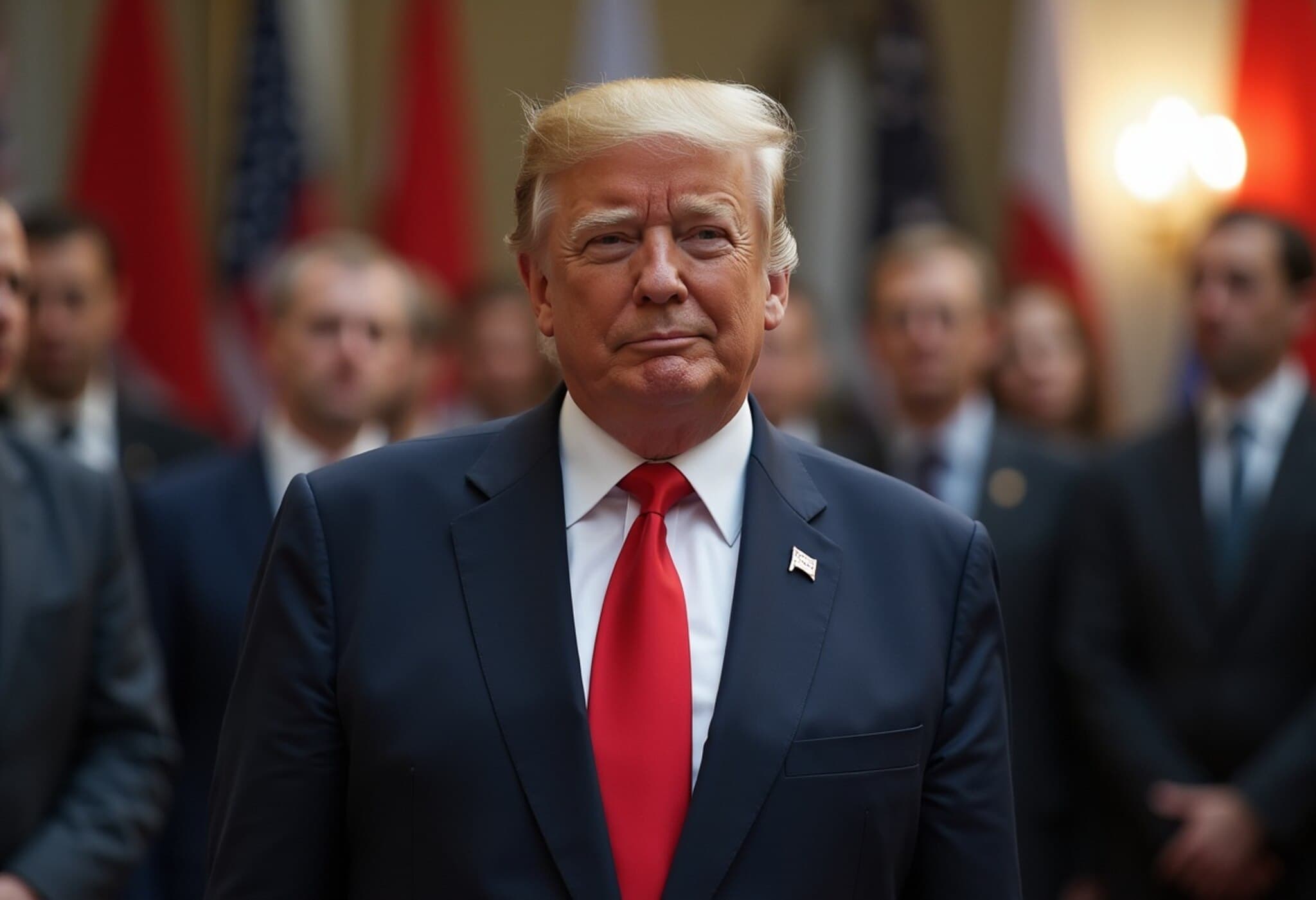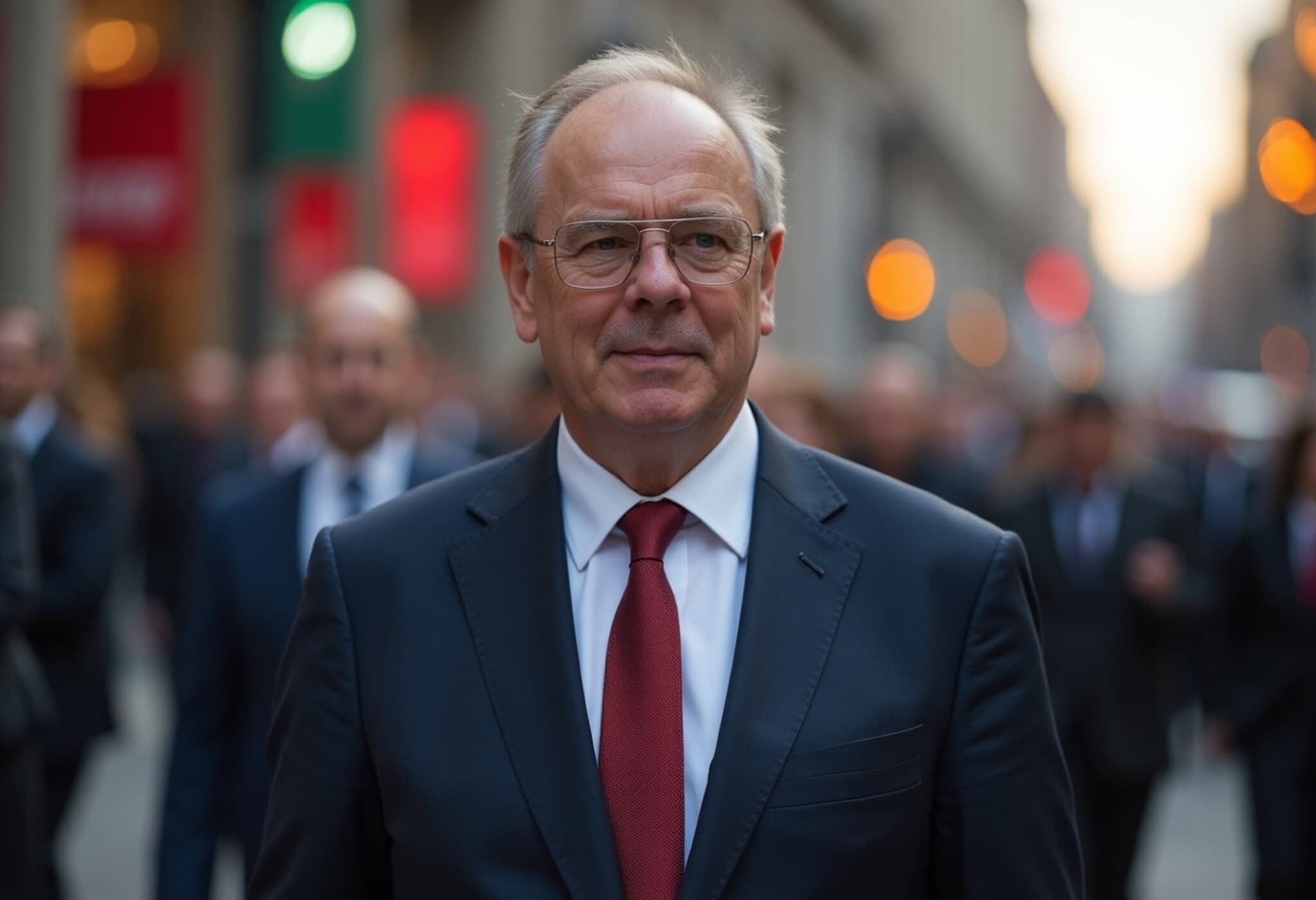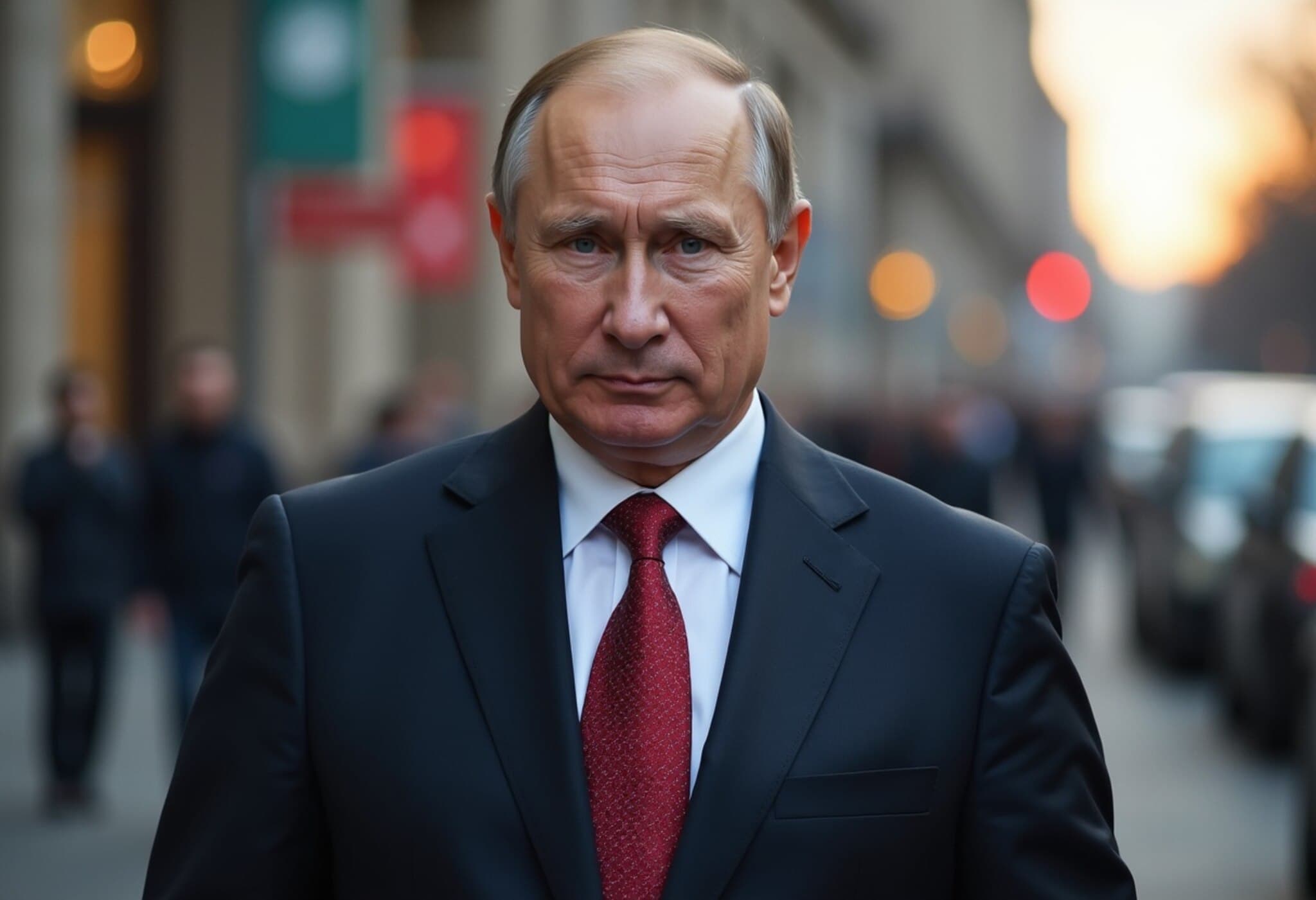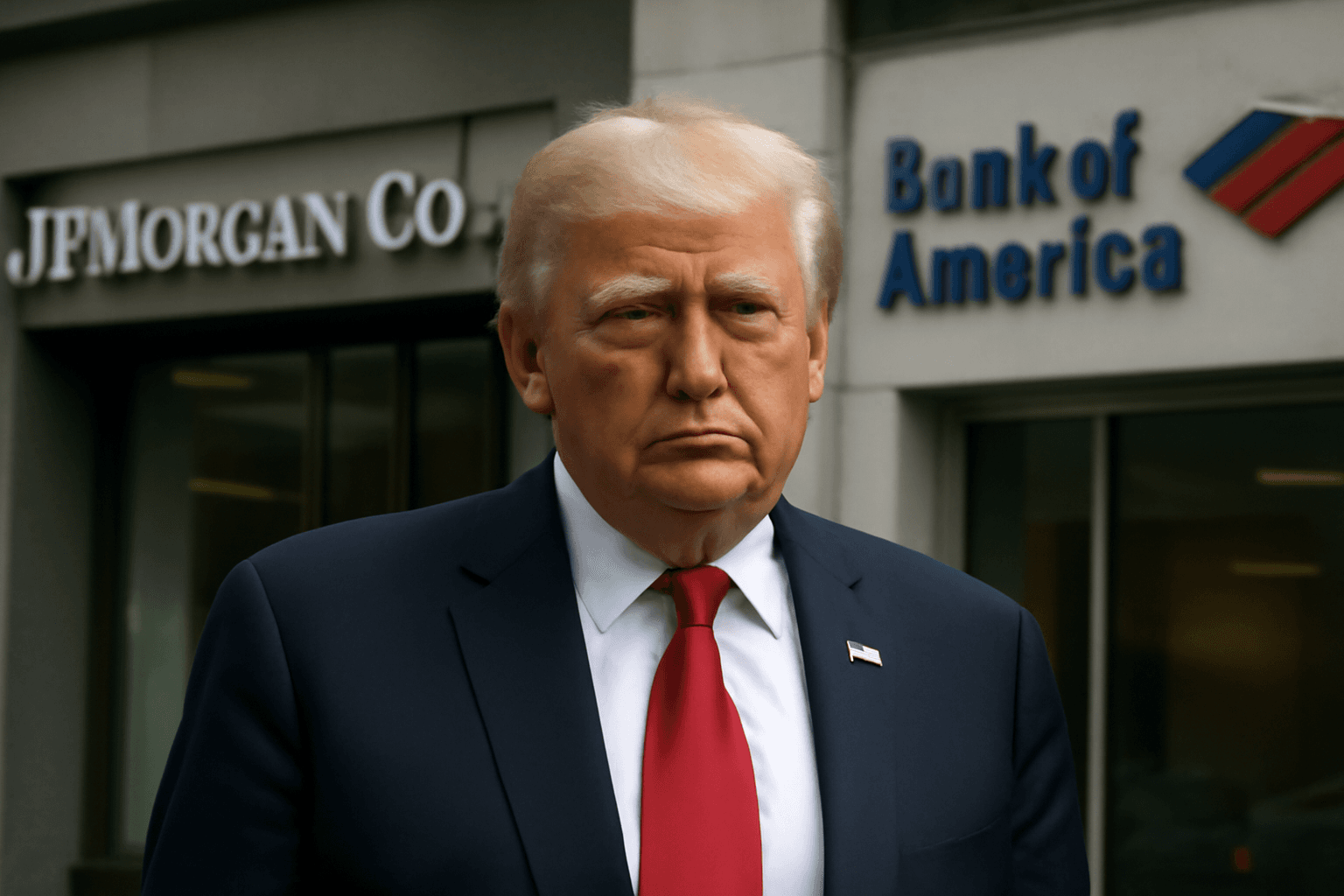Karol Nawrocki Begins Presidency Amidst Rising Nationalist Sentiments in Poland
On August 6, 2025, Karol Nawrocki officially assumed office as Poland’s president, marking a potential pivot toward a more nationalist political trajectory. Supported by former US President Donald Trump during a razor-thin runoff election in June, Nawrocki’s unexpected rise reflects deepening ideological divides within Poland.
From Historian to Head of State: An Unconventional Political Journey
Nawrocki, aged 42, is a historian with no prior political office experience and had not belonged to any political party until the conservative Law and Justice party, which led Poland from 2015 to 2023, courted him as their presidential candidate. This leap from academia and private-sector roles into the heart of Poland’s political arena echoes a global trend where outsiders challenge establishment figures, often capitalizing on nationalist and populist momentum.
The Powers and Limits of Poland’s Presidency
While the Prime Minister, currently Donald Tusk, commands most executive authority in Poland’s parliamentary system, the presidency remains a crucial office. The president wields significant powers in shaping foreign policy and holding veto authority over legislation — tools Nawrocki can deploy to influence Poland’s domestic and international direction.
Nationalism, Traditional Values, and External Influences
Nawrocki’s campaign resonated strongly with conservative voters who cherish Poland’s traditionalist ethos. His platform emphasized opposition to abortion and resistance against expanding LGBTQ+ rights, mirroring social fault lines familiar across many European and American societies.
Interestingly, Nawrocki’s campaign was bolstered by American conservative forces. The Conservative Political Action Conference (CPAC) held its inaugural event in Poland during his campaign to rally support. Kristi Noem, the U.S. Secretary of Homeland Security and a known Trump ally, publicly endorsed him, intertwining Nawrocki’s ascent with a broader transatlantic conservative network. US flags at his rallies symbolized this ideological kinship.
Controversies Cloud Nawrocki’s Presidency
However, Nawrocki’s rapid political rise has not been smooth sailing. Reports have surfaced linking him to questionable interactions with underworld figures, stemming from his days boxing and working as a hotel security guard. These associations raise concerns about his judgment and transparency.
Additionally, his involvement in a scandal concerning the purchase of an apartment in Gdansk sparked public scrutiny. Allegations suggest that Nawrocki had promised care to the elderly previous owner but failed to fulfill this commitment, resulting in the man’s admission to a state-funded retirement home. Nawrocki’s inconsistent explanations eroded public trust, prompting him eventually to donate the apartment to a charity.
What This Means for Poland’s Future and Beyond
Nawrocki’s ascendancy underlines a poignant question for Poland’s democratic fabric: Will a nationalist-leaning presidency deepen societal polarization or offer a platform for a new consensual identity? Moreover, his ties to US conservative figures highlight the increasing influence of American political currents on European national politics.
For the centrist Prime Minister Tusk, Nawrocki’s presidency presents a complex challenge in navigating governance amid competing visions for Poland’s future.
Expert Commentary
From an American policy perspective, Nawrocki’s campaign illustrates how US political movements are exporting ideas and support abroad, potentially reshaping alliances and domestic agendas in European allies. The convergence of nationalist sentiments across continents beckons deeper examination of how global populism affects diplomatic ties and international collaboration.
Editor’s Note
Karol Nawrocki's presidency opens a new chapter for Poland—one blending historic nationalist impulses with contemporary transatlantic conservative influence. As his administration unfolds, policymakers and citizens alike must grapple with balancing tradition, inclusivity, and democratic norms. Will Nawrocki bridge Poland’s divisions or deepen the schism? This unfolding political experiment merits careful, ongoing attention.









